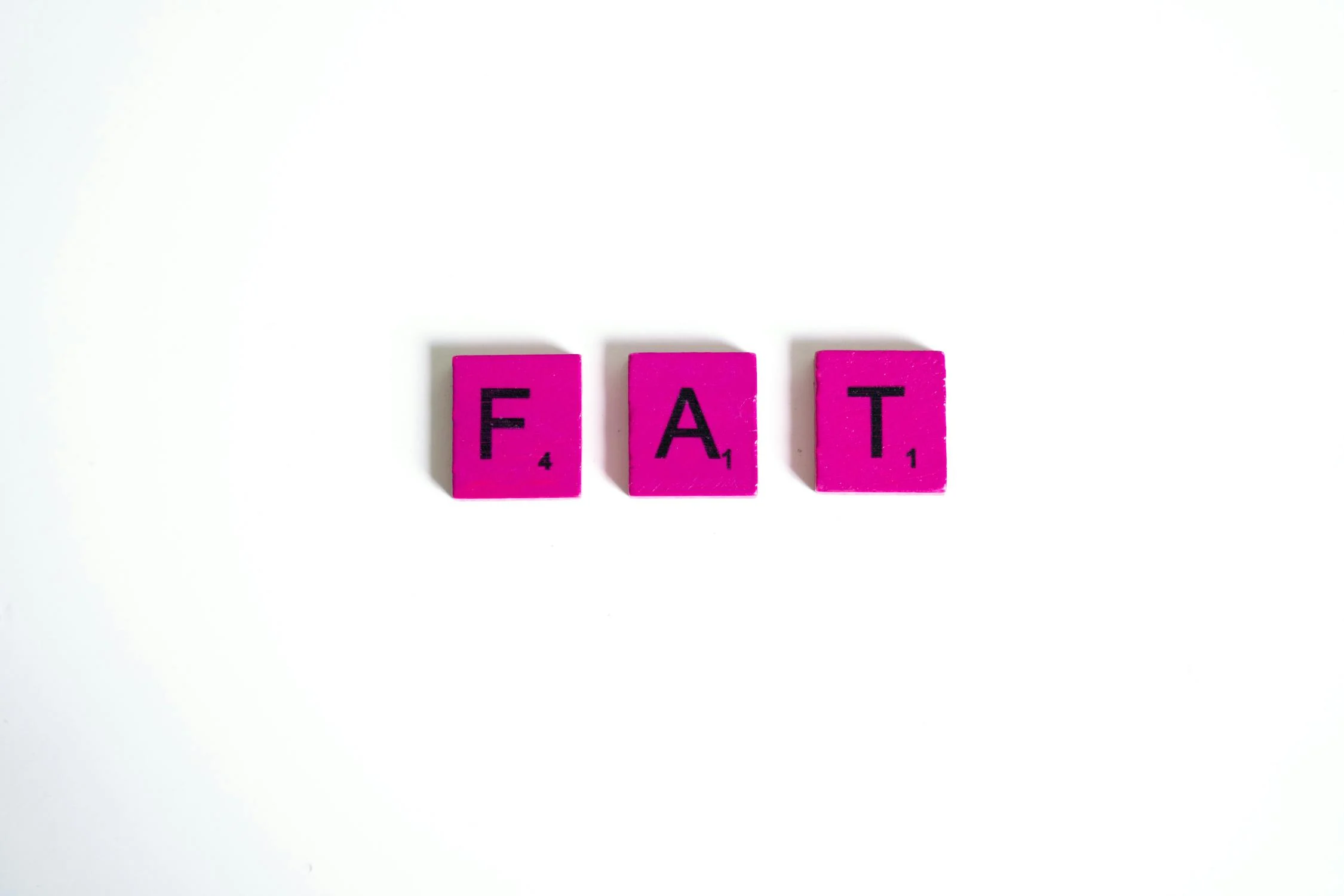Calories in a Pound of Fat: Truth Revealed
Understanding the relationship between calories and body fat is fundamental for anyone interested in weight management. A pound of body fat is commonly equated to approximately 3,500 calories. This estimation stems from research that suggests the energy content of stored body fat is roughly equivalent to this number of calories. In other words, creating a calorie deficit—by consuming fewer calories than the body expends—is expected to result in weight loss.

Understanding the relationship between calories and body fat is fundamental for anyone interested in weight management. A pound of body fat is commonly equated to approximately 3,500 calories. This estimation stems from research that suggests the energy content of stored body fat is roughly equivalent to this number of calories. In other words, creating a calorie deficit—by consuming fewer calories than the body expends—is expected to result in weight loss.
However, the process of losing fat may not be as straightforward as this simple equation suggests. The human body is an intricate system, and individual metabolic rates, body composition, and other factors contribute to how efficiently one uses energy. Reducing calorie intake too drastically or losing weight too quickly can not only affect muscle mass but can also alter the rate at which the body burns calories.
Understanding the Energy Balance
Effective weight management hinges on a fundamental concept: energy balance. This balance is the comparison between calories consumed and calories expended. It's crucial to grasp this principle for maintaining a healthy weight or pursuing weight loss.
The Role of Calories in Weight Management
Calories serve as a measure of energy that is derived from the food and beverages people consume. In weight management, a person aims to align their calorie intake with energy expenditure. To lose weight, one typically needs to create a calorie deficit by consuming fewer calories than the body burns. Conversely, consuming more calories than expended leads to weight gain.
Calories and Body Composition
Body composition, which refers to the proportion of fat to muscle, plays a crucial role in determining caloric needs. Muscle tissue burns more calories at rest compared to fat. Therefore, individuals with higher muscle mass have a higher basal metabolic rate (BMR), meaning they burn more calories at rest compared to those with a higher body fat percentage.
Influence of Diet and Physical Activity
A balanced diet and regular physical activity are vital components of energy balance. Diet provides calorie intake through nutrients such as carbohydrates, proteins, and fats. Physical activity increases calorie burn, contributing to a caloric deficit. Both diet and exercise have distinct roles in shaping body composition.
Biological Factors Affecting Caloric Needs
Various biological factors, including age, metabolism, sex, and genetics, influence an individual's caloric needs. For example, metabolic rate varies with age, and generally, it slightly decreases as a person gets older. Thus, caloric needs would also adjust accordingly.
Dispelling Common Weight Loss Myths
Max Wishnofsky's early concept that a pound of body fat equates to approximately 3,500 calories has been a rule of thumb for estimating weight loss. However, weight loss involves a combination of fat, muscle and water weight, suggesting that this rule may simplify the complexity of human biology. Weight loss is not just about cutting calories; it’s about the kind of calories, maintaining muscle mass, and the body's adaptive responses.
Strategies for Effective Calorie Management
Successful calorie management involves several strategies. These include monitoring calorie intake and calorie burn, understanding individual nutritional needs, and using tools like a calorie calculator to estimate energy requirements. Incorporating a variety of vegetables, proteins, and maintaining a regular exercise routine can help maintain a healthy weight and support weight loss when combined with a caloric deficit.
Practical Application and Long-term Sustainability
Achieving fat loss involves understanding the science behind caloric expenditure and the implications of sustaining it long-term. This section focuses on methods that are not only effective but also maintainable over time, keeping in mind that there are approximately 3,500 calories in a pound of body fat.
Setting Realistic Weight Loss Goals
Realistic weight loss goals are grounded in the balance between calorie intake and expenditure. The National Institutes of Health recommends a gradual weight loss of 1-2 pounds per week. Establishing such achievable targets helps in avoiding disappointment and enhances the likelihood of sustained weight maintenance.
Understanding Adaptive Thermogenesis
Adaptive thermogenesis is the body's way of adjusting its metabolic rate in response to calorie intake. As individuals lose weight, their bodies become more efficient, often resulting in a lower basal metabolic rate. Recognizing this helps in anticipating and overcoming weight loss plateaus.
Nutritional Considerations for Sustained Fat Loss
Proper nutrition is crucial for lasting fat loss. Balancing macronutrients—ensuring adequate amounts of proteins, carbs, and fats—supports body function while losing fat. A diet that includes a high protein intake may increase satiety and maintain muscle mass, which is key to avoiding a calorie surplus.
Exercise's Role in Maintaining Muscle While Losing Fat
Physical activity, particularly strength training, helps preserve skeletal muscle during weight loss. Incorporating exercise not only increases calorie burn but also supports a healthy body composition by maintaining muscle, which positively influences metabolic rate.
Importance of Tracking Progress and Making Adjustments
Regular monitoring helps in assessing the effectiveness of the diet and exercise regimen. Using tools like a calorie calculator can guide necessary adjustments to avoid plateaus and continue progressing towards weight management goals.
Consulting Healthcare Professionals for Guidance
Consulting a healthcare professional can provide tailored advice for diet and exercise plans. Medical guidance ensures that the approach to weight loss is safe and suited to individual health conditions and lifestyles.
Leveraging Technological Tools for Weight Management
Recent studies and practical applications show that technology, such as fitness trackers and calorie counting apps, can be powerful allies in weight management. They offer a convenient way to monitor daily physical activity and nutrient intake, facilitating informed decisions regarding lifestyle changes.
Want more posts like this?Sign up for our FREE newsletter →